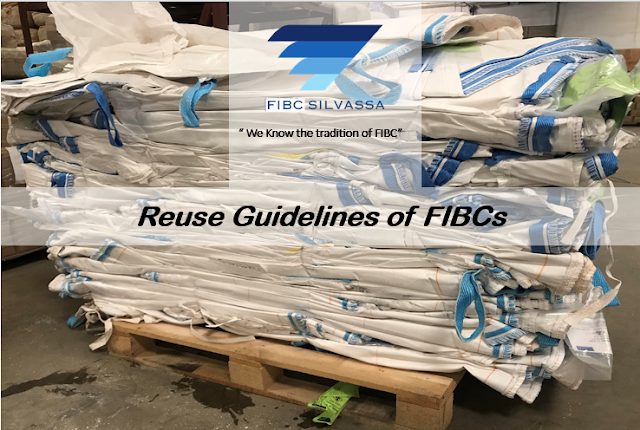Reuse Guidelines of FIBCs
When can you reuse your FIBC bag?
FIBC bags are built specifically to be flexible yet durable and, in certain condition, built to be used more than one time. A standard bag is rated at a 5:1 safety factor ratio (SFR) which means that it has the ability to hold 5 times the amount of its safe working load (SWL). 5:1 safety ratio bag are single use bags. Bags that are designed for multiple uses are made with a higher safety factor ratio of 6:1. Only bags with an SFR of 6:1 are designed for multiple uses.
When reusing bags, FIBCA (Flexible Intermediate Bulk Container Association) suggests that bags should only be reused within a “Closed Loop” system where the bag is cleaned, reconditioned and qualified for reuse to handle the same product in the same application for which the bag was originally designed.
To safely reuse FIBCs, FIBCA suggests these guidelines should be followed:
Reconditioning:
- Replace web ties.
- Replace labels and tickets critical to safe bag use.
- Replace cord-locks if necessary.
- Remove all unknown matter from the inside of bags.
- Ensure statically held dust is less than 4 ounces total.
- Replace liner if applicable.
The manufacturer should maintain a record of origin, product used in the bag and the quantity of uses or turns.
Reasons for rejecting a FIBC:
- Lift Loop damage.
- Contamination.
- Damp, wet, mold.
- Wood splinters.
- Printing is dirty or unreadable.
Bags should be randomly selected for top lift testing. The frequency and quantity shall be determined by the manufacturer and/or user based on their specific situation.



Comments
Post a Comment